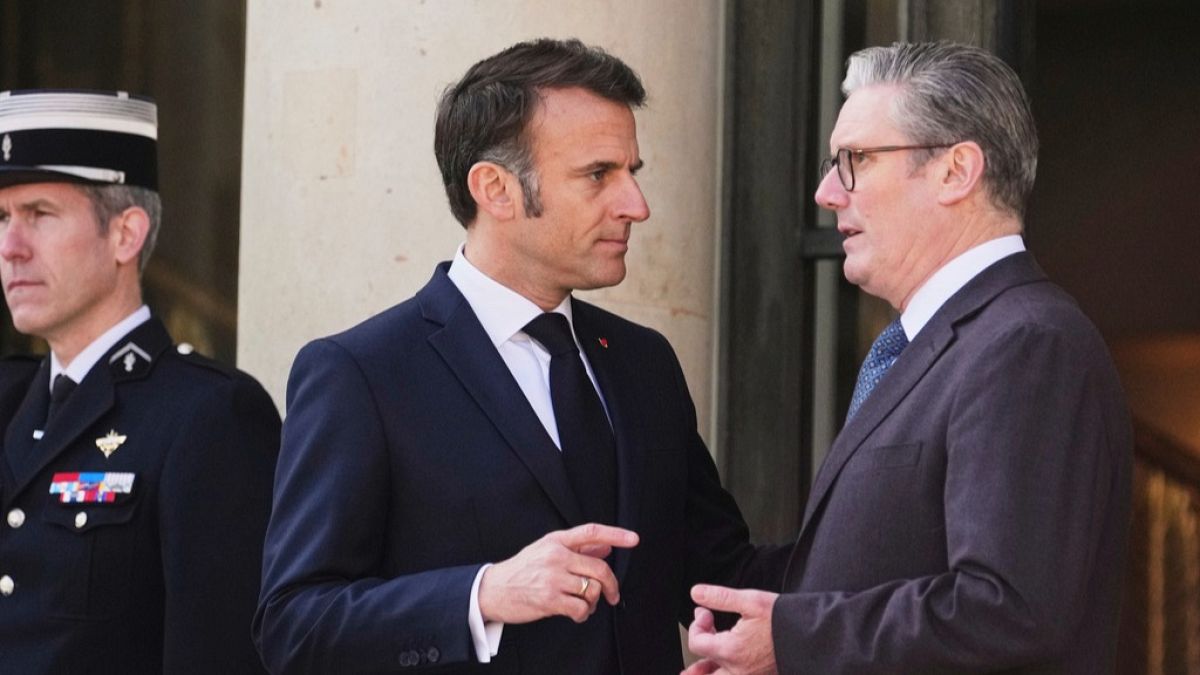

This week marks a critical period for international diplomacy as world leaders engage in significant discussions aimed at resolving ongoing conflicts and addressing pressing issues such as migration. French President Emmanuel Macron’s visit to the United Kingdom and the meeting between U.S. President Donald Trump and Israeli Prime Minister Benjamin Netanyahu in Washington have central roles in these efforts, with the Middle East and migration being the focal points of these high-level interactions.
President Macron’s visit to the UK is a blend of diplomatic dialogue and ceremonial engagements. The visit underscores the importance of Franco-British relations in the context of European geopolitics, particularly concerning migration policies and support for Ukraine amidst ongoing tensions in Eastern Europe. Expectations are high for coordinated efforts to address the flow of migrants across the English Channel, with discussions likely focusing on enhancing French policing to mitigate small boat crossings. Both nations are eager to navigate the complexities of migration agreements while aspiring to collaborate on broader European security matters.
Meanwhile, attention in Washington turns to the meeting between President Trump and Prime Minister Netanyahu. The leaders are set to deliberate on the possibility of a ceasefire in the Gaza Strip, a conflict zone that has seen relentless hostilities since October 2023. Despite previous unsuccessful attempts, there is now renewed hope for peace talks, facilitated indirectly through mediators in Qatar. This visit coincides with the U.S.’s growing impatience with the ongoing conflict, as Trump aims to fulfill his pledge to secure peace in the region.
In a related development, Israeli leader Benjamin Netanyahu has nominated former U.S. President Donald Trump for the Nobel Peace Prize, applauding his ongoing efforts toward establishing peace across various global hotspots, notably following joint airstrikes in Iran. These military actions underscore the complex geopolitical dynamics that Israel and the United States are navigating, alongside tensions with Iran over security issues and potential threats to regional stability.
In addition to these diplomatic endeavors, the global community watches closely as Lebanon responds to U.S. proposals for disarming the Hezbollah militant group. Recent confrontations have significantly weakened Hezbollah, and there is cautious optimism regarding Lebanon’s willingness to engage in meaningful disarmament discussions, which could pave the way for reducing regional tensions and fostering long-term stability.
The intricacies of these diplomatic efforts highlight the multifaceted approach necessary to address both immediate crises and underlying issues. While regional conflicts remain challenging, the international stage provides a platform for collaborative solutions, aiming at tangible progress in conflict resolution and enhanced cooperation on migration and security.
As these discussions unfold, the outcomes will inevitably shape future strategies for peace and cooperation across borders, reinforcing the need for sustained dialogue and commitment from global leaders. Each meeting and conversation contributes to a broader tapestry of international relations, fostering a vision of peace and stability in an increasingly interconnected world.
Source: {link}
